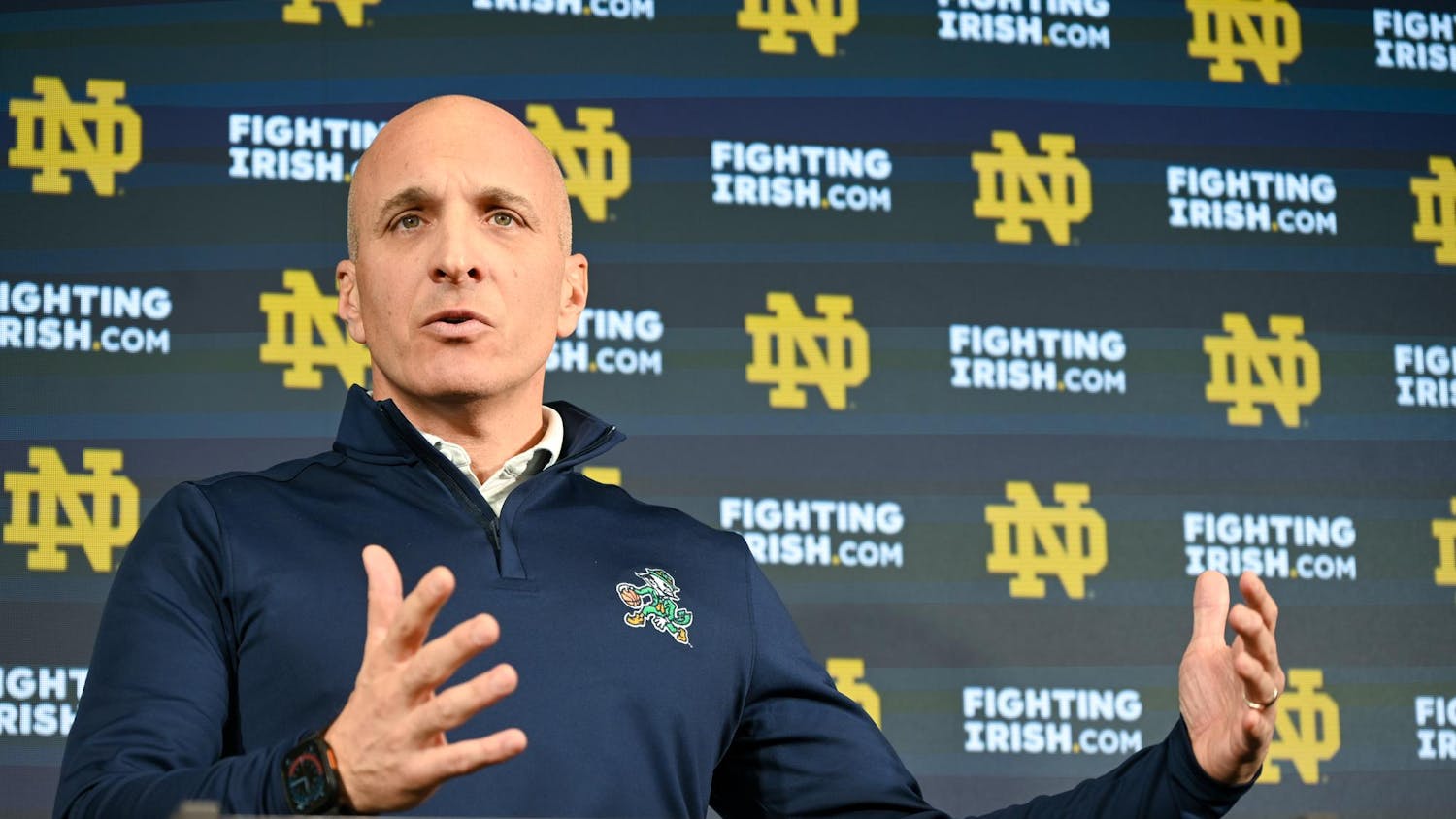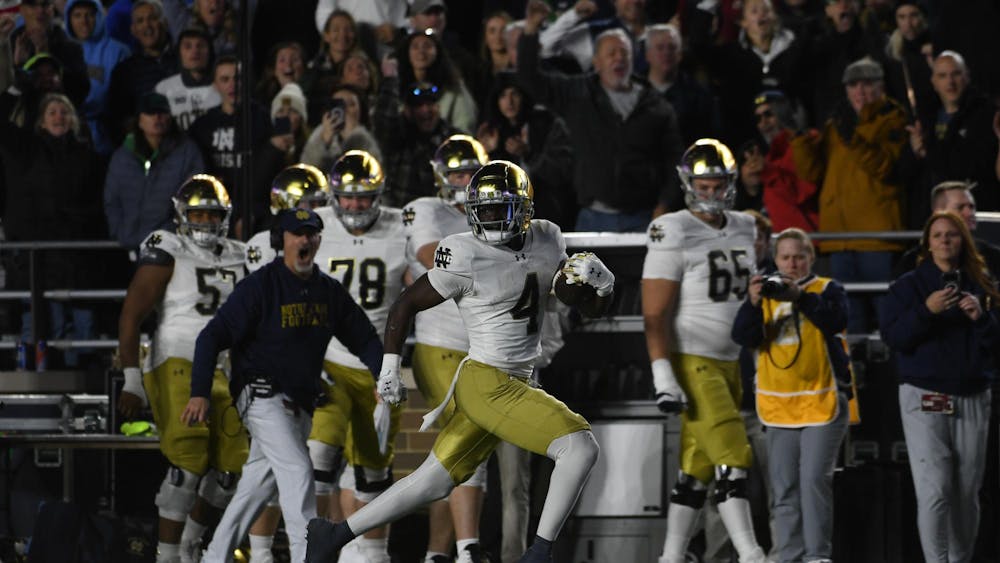On Tuesday, the calendar officially flipped to March and college basketball fans collectively rejoiced, knowing that the NCAA Men’s Basketball Tournament is finally within reach. There is even more reason than usual to eagerly await March Madness, as for the first time since 2019, it is expected to be (mostly) normal, with full crowds and nationwide venues.
With that in mind, I thought it would be fitting to select a March Madness All-Decade Team to recognize some of the best and most memorable tournament performances we have witnessed from individual players over the last ten years as we wait to see who will join their ranks as college basketball legends in this year’s edition.
A few things to note before getting started. The team will encompass the last ten seasons, beginning with the 2012 tournament (special shoutout to Kemba Walker, whose magical championship run with UConn came just one year too early to be considered). It will be divided into a first and second team, and I gave myself positional flexibility in order to select the most deserving players. I will conclude by bestowing the title of Most Outstanding Player to the member of the team that I believe to have had the single greatest NCAA Tournament run within the past decade.
While the team features several players that won national championships, it includes even more that did not. Some of the greatest tournament performances of all time have come from players that fell short of a title, and I wanted to highlight some of these incredible runs that have been overshadowed by the players who cut down the nets. However, to ensure a large enough sample of games and factor in some level of team success, only players that reached at least the Elite 8 were considered.
Finally, I will mention that these picks are totally subjective, and no formal criteria was used. There are countless deserving players that were left off, and I apologize to any snubbed former college basketball stars who may be reading this story. With all that being said, it’s time to dive into the picks for the All-Decade First Team. But first, a few honorable mentions that were strongly considered but ultimately did not make the cut.
Honorable mentions: Brice Johnson, Cassius Winston, Devonte' Graham, Drew Timme, Frank Mason, Jalen Brunson, Jarrett Culver, Josh Hart, Sam Dekker
First Team
Shabazz Napier, UConn 2014: Three years after helping UConn win a national championship during his freshman year, he did it again as a senior, this time as the team’s unquestioned leader and star. Napier averaged 21.2 points and 4.5 assists as the 7-seed Huskies survived several close games to scratch and claw their way to a surprising title.
Carson Edwards, Purdue 2019: The only selected player that did not reach the Final Four, Edwards did more than enough in his four games to earn a spot on the first team. He scored at least 26 points in each game, including two outbursts of 42, in one of the best offensive showcases in recent tournament history.
Sindarius Thornwell, South Carolina 2017: Thornwell was a dominant force throughout his senior season, and he continued to stuff stat sheets in March as he carried the Gamecocks to the Final Four with four games of over 20 points. He tallied 24 points, 6 rebounds, and 5 assists in a memorable upset win over 2-seed Duke in the second round.
Anthony Davis, Kentucky 2012: The only freshman to make the list, Davis is likely the most successful one-and-done player of all time, as he earned National Player of the Year honors and led Kentucky to a title during his lone season in Lexington. Davis averaged 13.7 points, 12.2 rebounds, and 4.8 blocks during the 2012 tournament.
Frank Kaminsky, Wisconsin 2015: Somewhat of a legacy selection for his crucial role in several deep tournament runs with Wisconsin, “Frank the Tank” was at his best in 2015. He starred for the Badgers as they defeated previously undefeated Kentucky in the Final Four before falling to Duke in the finals and posted averages of 22 points and 9.3 rebounds during the tournament.
Second Team
Trey Burke, Michigan 2013: Burke is best known for his overtime-forcing 30-foot three-pointer in Michigan’s Sweet Sixteen win against Kansas, a game in which he scored 23 points and dished out 10 assists. Burke was a clutch scorer and leader for the Wolverines throughout the tournament and led them to within one win of a championship.
Russ Smith, Louisville 2013: Smith emerged as a star during his junior season and was the leading scorer for the Louisville team that took down Burke and Michigan in the finals to capture the 2013 national title. Before an uncharacteristically quiet performance in the championship game, Smith averaged 25 points during the tournament and recorded 8 steals in Louisville’s first-round win.
Buddy Hield, Oklahoma 2016: Hield put on a scoring clinic during Oklahoma’s run to the Final Four in 2016. He scored 36 points and made 6 three-pointers in a second-round win against VCU, and later topped that performance with 37 points on 8 three-pointers in the Elite 8 against Oregon.
Justin Jackson, North Carolina 2017: A key player on UNC’s 2016 team that fell excruciatingly short of a national title, Jackson took his game to the next level during his junior season. He was consistently excellent throughout the tournament, averaging 19.5 points, 5.2 rebounds, and 3.7 assists as the Tar Heels brought home the championship and completed their quest for redemption.
Johnny Juzang, UCLA 2021: The only active college player selected, Juzang spearheaded UCLA’s Cinderella run from the First Four to the Final Four last year. He averaged 22.8 points during the tournament and made countless clutch shots, especially during his 29-point effort in a heartbreaking overtime loss to Gonzaga. Juzang will have a chance to take his team even further this year, as UCLA is currently ranked No. 17 in the country.
MOP: Shabazz Napier – While it was a difficult decision, Napier’s 2014 run is simply unmatched in its ability to check every box that you look for in a legendary tournament performance. He produced incredible stats, he had no bad games, he led an underdog 7-seed to the national title, and by bookending his career with championships and matching what his former teammate Kemba Walker did three years prior, he provided a memorable narrative for fans to latch onto. Napier is my pick for the All-Decade Team’s Most Outstanding Player.
Read More
Trending









